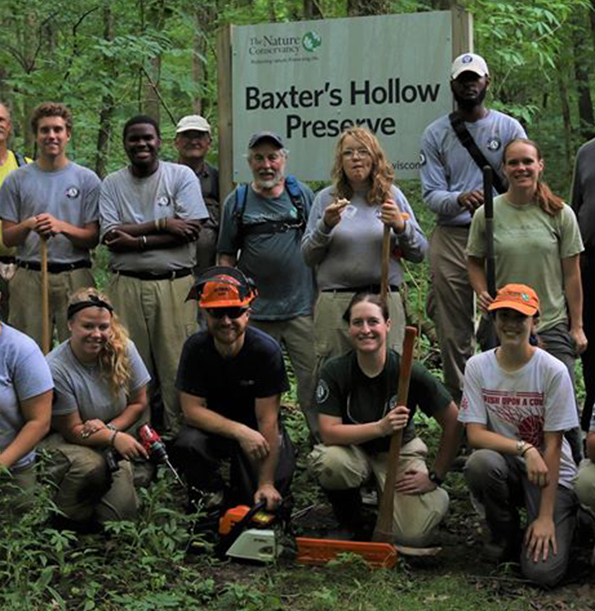
Founding and Early Years
TNC was founded in 1951 by a group of scientists and lawyers who shared a common concern for the environment. From its humble beginnings, the organization rapidly grew, attracting passionate individuals dedicated to the cause of conservation. The founders recognized the need to bridge the gap between conservation and economic development, a principle that continues to guide TNC’s work today.
Global Reach and Presence
TNC is a truly global entity, with a presence in over 70 countries and territories. Its extensive network includes scientists, conservationists, policymakers, and community leaders who collaborate to address pressing environmental issues. With over 4000 staff members and numerous volunteers, TNC’s impact is felt across the world.
Key Initiatives and Areas of Focus
Land and Water Conservation: TNC has successfully conserved millions of acres of land and thousands of miles of rivers worldwide. This work includes protecting critical ecosystems, creating nature reserves, and establishing conservation easements to safeguard natural habitats.
Climate Change Mitigation: TNC recognizes the urgency of addressing climate change. The organization employs innovative strategies such as forest carbon projects, sustainable agriculture practices, and coastal resilience initiatives to combat climate change.
Marine and Coastal Conservation: Oceans and coasts are essential to our planet’s health. TNC is dedicated to preserving marine biodiversity, coral reefs, and the livelihoods of coastal communities through sustainable fishing and marine protected areas.
Cities and Sustainable Development: Recognizing that a significant portion of the world’s population lives in urban areas, TNC focuses on creating resilient cities that harmonize with nature. Urban conservation initiatives, green infrastructure projects, and clean energy efforts are all part of this endeavor.
Indigenous Peoples and Local Communities: TNC collaborates with indigenous and local communities, respecting their traditional knowledge and rights. This approach fosters sustainable land and resource management while preserving cultural heritage.
Impact and Achievements
TNC’s track record of success is impressive. The organization has played a pivotal role in preserving critical lands and waters, conserving endangered species, and mitigating climate change. Its achievements include:
The protection of over 125 million acres of lands and thousands of river miles.
Facilitating the first debt-for-nature swap, leading to the establishment of the Montes Azules Biosphere Reserve in Mexico.
Pioneering the concept of “conservation easements” in the United States, a legal mechanism to permanently protect land from development.
Spearheading collaborative efforts to restore natural water flows in rivers and wetlands, benefitting both ecosystems and communities.
Vision for a Sustainable Future
TNC envisions a world where people and nature thrive together. Its guiding principles are based on the belief that a sustainable future is possible through smart conservation and responsible development. By promoting partnerships between governments, businesses, communities, and individuals, TNC strives to ensure that the natural world endures for generations to come.

In Conclusion
The Nature Conservancy stands as a beacon of hope in the realm of environmental conservation. Through its unwavering commitment to protecting the planet’s natural resources, fostering sustainable practices, and promoting the well-being of both nature and humanity, TNC serves as a testament to the positive impact that can be achieved when passion, science, and collaboration are brought together in harmony.